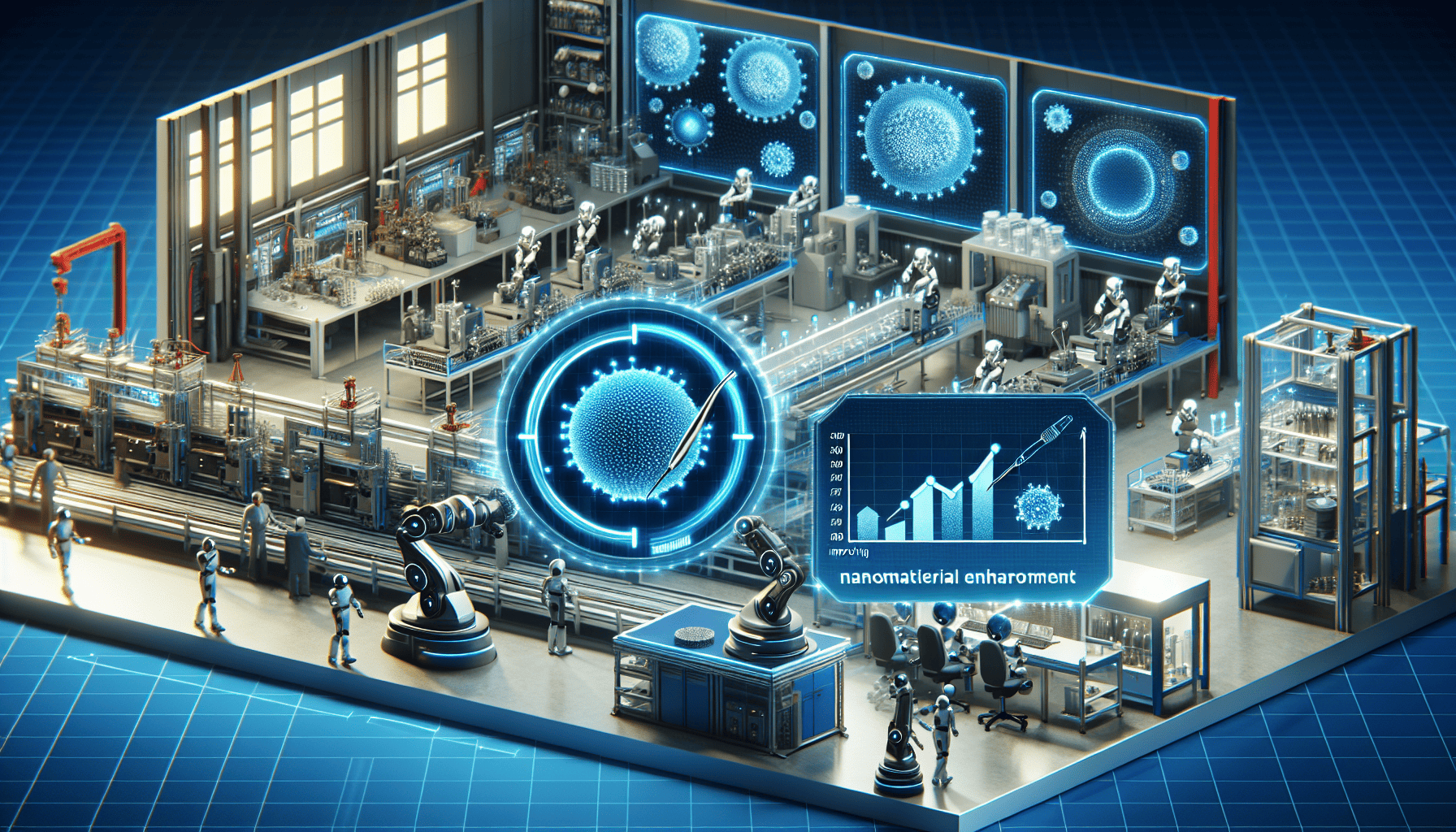In recent years, the manufacturing landscape has witnessed a significant metamorphosis driven by the integration of nanotechnology into industrial processes. This advancement promises to revolutionize manufacturing, introducing unprecedented levels of efficiency, precision, and sustainability.
At the core of this transformation is the ability of nanotechnology to manipulate materials at an atomic or molecular scale. By doing so, manufacturers can create products with remarkable properties, such as enhanced strength, reduced weight, and increased chemical resistance. These attributes are particularly appealing in industries such as aerospace, automotive, and electronics, where material performance can directly impact safety, efficiency, and consumer satisfaction.
One of the key benefits of incorporating nanotech solutions in manufacturing processes is the enhancement of material properties. Nanomaterials have a high surface area to volume ratio, which allows for improved interactions with other materials and better thermal and electrical conductivity. This can lead to the development of composites that are not only stronger than traditional materials but also lighter, making them ideal for fuel-efficient vehicles and aircraft.
Moreover, nanotechnology enables precise control over manufacturing processes. For instance, in semiconductor manufacturing, nano-scale precision is critical for producing smaller, faster, and more energy-efficient electronic components. By shrinking transistors and other components to the nanoscale, manufacturers can pack more power into smaller devices, meeting the growing demand for compact and high-performance gadgets.
Beyond performance enhancements, nanotechnology also holds promise for sustainability. Traditional manufacturing processes often involve significant waste and energy consumption. Nanotech solutions can help reduce this environmental footprint by enabling more efficient use of raw materials and energy. For example, catalysis, a chemical process accelerated by nanotech, can lower energy consumption in chemical reactions, making industrial processes greener and more cost-effective.
In addition, nanotechnology can contribute to the circular economy by facilitating the development of recyclable materials. Some nanomaterials are designed to break down into their base components, simplifying recycling processes and reducing the need for virgin materials. This not only conserves resources but also reduces waste, aligning with global efforts to promote sustainable industrial practices.
However, the implementation of nanotechnology in manufacturing is not without challenges. Safety concerns regarding the environmental and health impacts of nanomaterials need to be addressed. Rigorous research and regulatory frameworks are essential to ensure that the benefits of nanotech solutions do not come at a cost to the environment or human health. Industries and governments must collaborate to establish standards and regulations that guide the safe use of nanotechnology in manufacturing.
In conclusion, the integration of nanotechnology into manufacturing processes is a pivotal step towards a smarter, more efficient, and sustainable industrial future. By harnessing the extraordinary capabilities of materials at the nanoscale, industries across the globe can achieve new heights of innovation and efficiency. While challenges remain, the potential of nanotech solutions to redefine manufacturing is immense, promising a future where advanced materials foster not only economic growth but also environmental stewardship.
